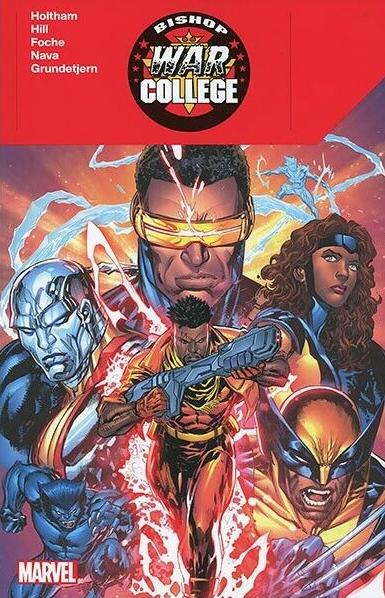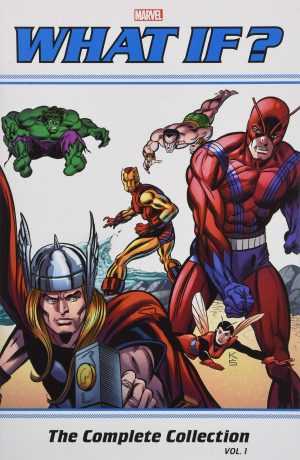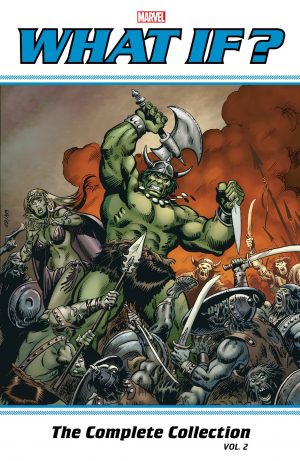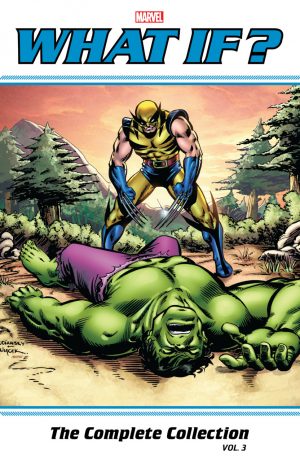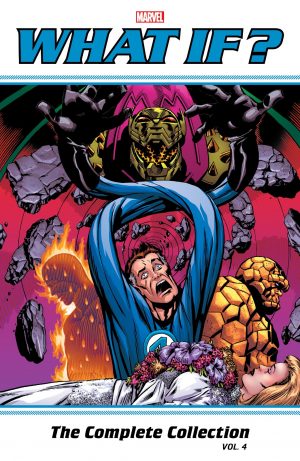Review by Frank Plowright
Bishop’s history in the past exemplified the type of complication that put some people off delving too far in to the X-Men’s exploits. He’s a mutant policeman from the future dedicated to dealing with people in the past before they become threats to his future (or possible future). Thankfully, 2019’s reboot of the X-Men franchise was a clean slate placing all mutants in a single community of Krakoa, where Bishop now acts as Captain Commander, in charge of ensuring Krakoa’s military security.
Part of that is training younger mutants to protect themselves in extreme circumstances, but the opening pages display a gulf between his necessities and what those trainees are willing to endure. When Bishop finds a way to work around that, an accidental time slip throws him into an alternate world, while the students he’s been training find themselves up against a major threat, but without their natural powers. The remainder of the story consists of two separate threads, which shortchanges on pages featuring Bishop in a Bishop graphic novel.
That’s not the only downside. J. Holtham sends Bishop to an alternate world where the X-Men are all Black. In universes of infinite possibilities there was bound to be one somewhere, and exploring it would be fine if there were any bigger point to be made, but there isn’t. Bishop’s problem becomes how to return to his own reality, while that facing the mutant trainees is more interestingly conceived. Again, this is supposed to be a Bishop graphic novel.
If the story doesn’t sparkle overall, neither does the art. Sean Damien Hill’s page designs do the job, but his anatomy is weak, which is a major shortcoming given the amount of people he needs to draw. Heads are at odd angles, or too small, bodies squished or elongated, and expressions are variable. Sometimes they’re exactly what’s needed, yet they can also be strained. Alberto Foche can cope with people, applying a pleasing delicacy, real life in portraits and flowing movement, but he’s not keen on drawing anything other than people, and they exist in the most basic of backgrounds.
There is a twist to Bishop’s experience, one that uses his constant anger, but it’s just a solution rather than the intended big dramatic moment. Again, the solution to what the younger mutants are going through is far neater.
Too little time for Bishop himself, placing him in uninteresting circumstances and far from satisfactory art makes for little satisfaction.
